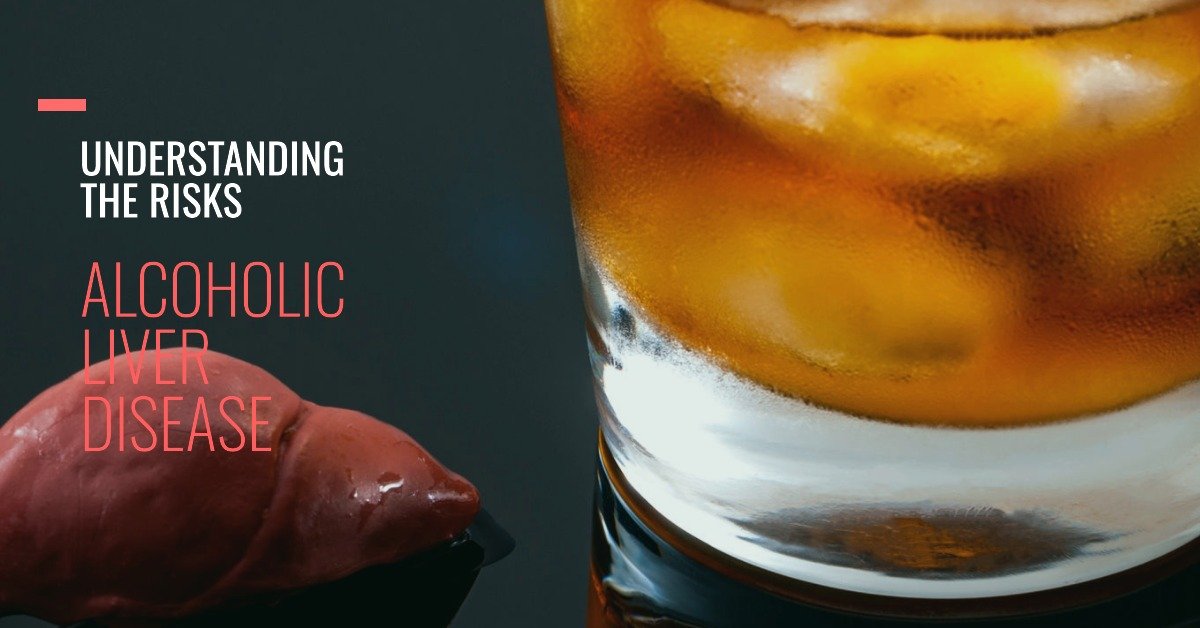Welcome to a comprehensive journey that uncovers the stages of alcoholic liver disease (ALD). This article will delve into the intricate details of this condition, shedding light on the progression from fatty infiltration to cirrhosis. By gaining a deeper understanding of these stages, you’ll empower yourself to take proactive measures in safeguarding your liver and embracing optimal health. Together, let’s embark on this enlightening journey of knowledge and wellness.
Table of Contents
Fatty Infiltration
As you begin your journey through ALD, the initial warning sign emerges in the form of fatty infiltration. This occurs when excessive alcohol consumption leads to the accumulation of fat in liver cells. It’s important to recognize this stage as a pivotal moment not to be overlooked. The good news is that this stage is reversible, and by embracing a healthier lifestyle and choosing to abstain from alcohol, you have the power to prevent the disease from advancing to more severe stages. Let this be a motivating factor to embark on a path of wellness and protect your liver’s precious health.
Alcoholic Hepatitis
Enter the inflammation battle known as alcoholic hepatitis, where the liver becomes inflamed and swollen. This stage may present symptoms such as abdominal pain, jaundice, nausea, vomiting, and fever. It’s essential to give this stage the attention it deserves, as ongoing alcohol abuse can result in serious complications, including liver failure or cirrhosis. By recognizing the urgency of the situation, you can take the necessary steps to safeguard your liver and pave the way for a healthier future.
Alcoholic Cirrhosis
Let’s now explore the advanced stage of ALD, known as alcoholic cirrhosis, where the health of your liver reaches a critical point. This stage is indeed a cause for concern, as it involves irreversible scarring of the liver tissue, which impairs its vital functions. In this phase, you might experience symptoms such as fatigue, loss of appetite, weight loss, abdominal swelling, and mental confusion. However, it’s important to remain positive and proactive, as timely action can make a significant difference. By seeking prompt medical attention and adopting a healthier lifestyle, you can mitigate the risks associated with cirrhosis, such as liver failure and liver cancer. Remember, there is always hope, and with the right steps, you can strive towards restoring your liver’s health and embracing a brighter future.
Additional Details
a) Genetic Factors and Beyond
While it is true that excessive alcohol consumption is the main culprit behind ALD, it’s worth noting that other factors come into play as well. Genetic factors, gender, nutritional deficiencies, and concurrent viral hepatitis can all have an impact on the risk and severity of the disease. By understanding and acknowledging these additional factors, we gain valuable insights that can help us tailor treatment approaches accordingly. Each person’s journey with ALD is unique, and by taking these individual factors into consideration, we can provide more personalized care and support. Let’s embrace this comprehensive perspective as we navigate the path towards better liver health and overall well-being.
b) Diagnosis
To obtain an accurate diagnosis of ALD, a comprehensive approach is necessary. This involves evaluating your medical history, conducting a thorough physical examination, performing liver function tests (blood tests), and utilizing advanced imaging studies such as ultrasound, CT scan, or MRI. In some cases, a liver biopsy may also be recommended. By collaborating with healthcare professionals and undergoing these diagnostic procedures, you can ensure timely intervention and appropriate treatment. Remember, seeking medical guidance is a crucial step towards understanding your condition and taking the necessary measures to protect your liver health. Rest assured that by investing in your well-being and seeking the expertise of medical professionals, you are taking positive steps towards a healthier future.
c) Treatment Options:
- Alcohol Cessation: At the heart of ALD management lies a crucial cornerstone: complete abstinence from alcohol. Embracing this pivotal step is the key to halting the progression of the disease and, remarkably, even reversing early-stage damage. By committing to a life free from alcohol, you empower yourself to regain control over your liver health and set the stage for positive transformation. Remember, every day presents an opportunity to make choices that nurture your well-being, and by taking this important step, you embark on a journey towards a healthier and brighter future.
- Medications: The expertise of healthcare professionals comes into play when managing ALD, as they may prescribe medications tailored to your specific needs. These medications serve various purposes, such as reducing inflammation, improving liver function, and managing complications that may arise. By working closely with your healthcare team, you can explore the best course of action based on the stage of the disease and the symptoms you experience. Trust in the knowledge and guidance of these professionals as they provide you with the necessary tools to navigate your journey towards better liver health. Together, you can pave the way for a brighter and more vibrant future.
- Nutritional Support: Nurturing your liver health and facilitating recovery involves the power of a balanced diet, brimming with essential nutrients. Such a diet plays a pivotal role in supporting your liver’s well-being. By incorporating a variety of nourishing foods into your meals, you provide your body with the building blocks it needs to heal and thrive. In more severe cases, where additional support may be required, nutritional supplementation can step in to bridge any gaps and ensure optimal nourishment. Embrace the opportunity to embrace a wholesome and nourishing diet, tailored to your liver’s needs, and witness the remarkable benefits it can bring to your overall health and well-being.
- Liver Transplantation: In advanced stages of ALD, when liver failure becomes a reality, a liver transplant may emerge as the potential solution. While eligibility criteria and organ availability vary, it’s crucial to acknowledge that this option can bring hope to those in critical condition. The possibility of a liver transplant presents an opportunity for a fresh start, offering renewed hope and the potential for a healthier future. Remember, in the face of adversity, medical advancements and the generosity of organ donors provide rays of optimism. Embrace this possibility with positivity and trust in the medical experts who can guide you through this transformative journey.
Conclusion
In closing, the journey through the stages of alcoholic liver disease is a powerful reminder of the impact of our choices on our health. By understanding these stages and their implications, we have the opportunity to make informed decisions and take control of our well-being.
Remember, it is never too late to seek help and make positive changes. Whether you are in the early stages of fatty infiltration or facing the challenges of alcoholic hepatitis or cirrhosis, there is hope and support available. Reach out to healthcare professionals, support groups, and loved ones who can provide guidance and encouragement along the way.
To continue expanding your knowledge on liver health, the dangers of alcohol abuse, and other related topics, we invite you to explore our website and read more such articles. Empower yourself with information, share it with others, and together, let us strive for healthier lives and brighter futures.
FAQs
-
Can alcoholic liver disease be reversed?
Yes, the early stages of ALD, such as fatty infiltration, can be reversed by abstaining from alcohol. However, advanced stages like cirrhosis may not be reversible. Timely intervention is crucial to prevent further damage.
-
How much alcohol consumption is considered excessive?
Excessive alcohol consumption is generally defined as more than 3-4 standard drinks per day for men and 2-3 drinks per day for women. However, individual tolerance may vary.
-
Can alcoholic liver disease occur in non-drinkers?
While ALD is primarily associated with excessive alcohol consumption, non-alcoholic fatty liver disease (NAFLD) shares similarities with ALD and can affect non-drinkers. Factors such as obesity, diabetes, and metabolic disorders contribute to NAFLD.
-
Are there any preventive measures for alcoholic liver disease?
The best prevention is practicing responsible drinking or abstaining from alcohol altogether. Maintaining a healthy lifestyle, including a balanced diet, regular exercise, and regular medical check-ups, can also promote liver health.
Remember, your liver deserves the utmost care and attention. Let’s prioritize our health, make responsible choices, and advocate for a society that values the well-being of its individuals.
Stay informed, stay inspired, and live a life that honors the incredible gift of good health.
To read more such articles, click here.














Leave a Reply
View Comments